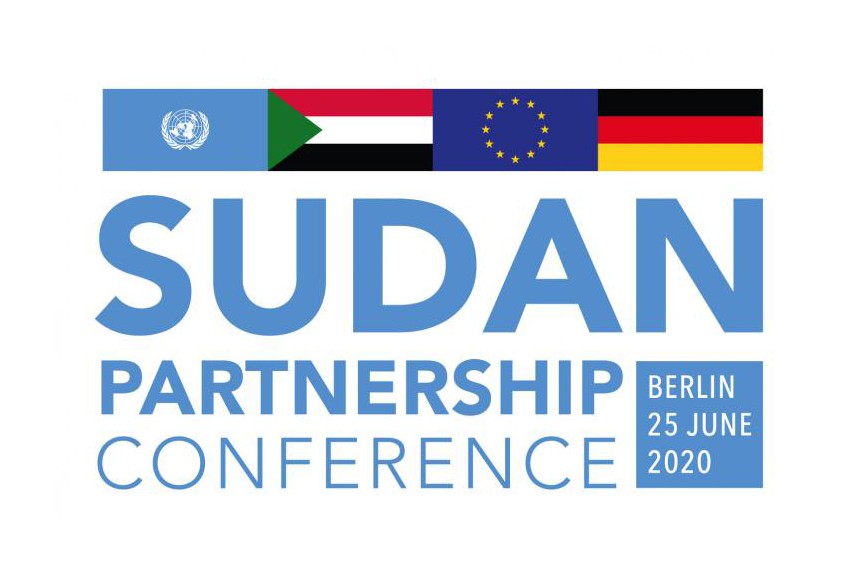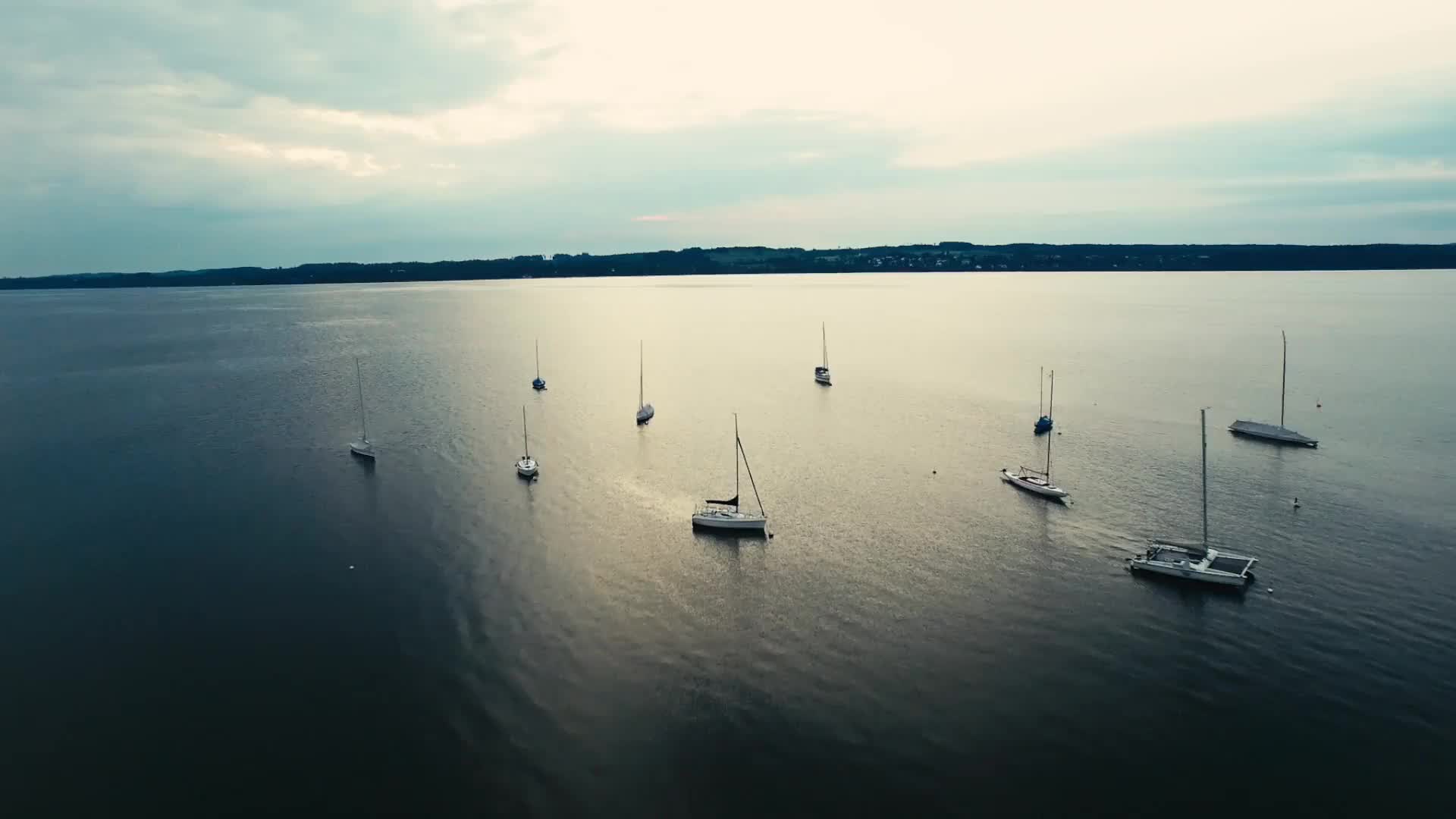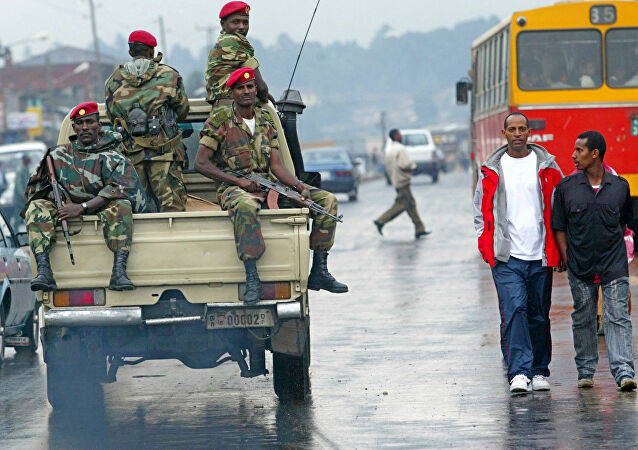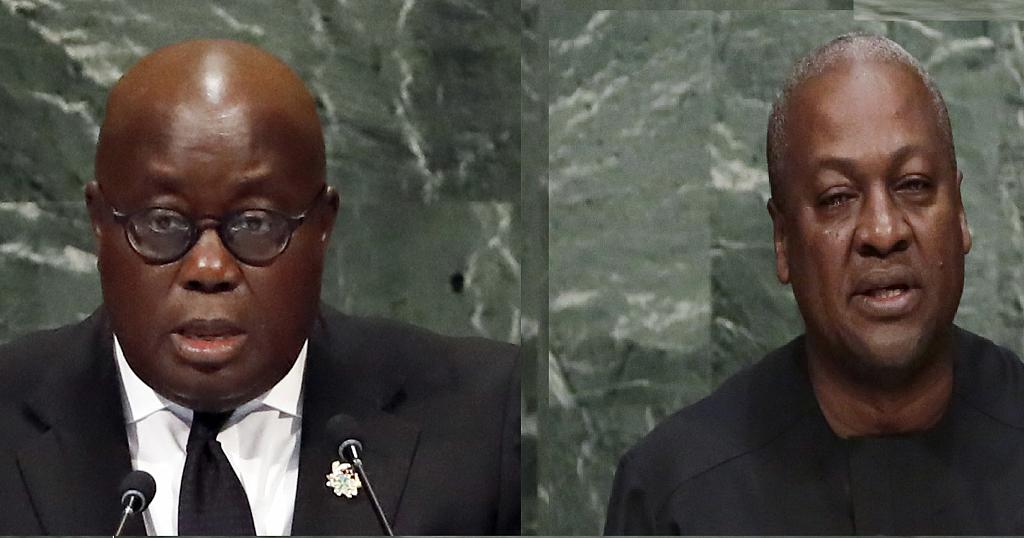SUDAN PARTNERSHIP CONFERENCE, THE REALITY AND REPERCUSSIONS
During my study of French language in one of the African countries, I met a French academic who told me that if given the opportunity he would ask two questions. The first is for the British and American administrations: “After all those decades in Sudan, how could you fail to impose your own culture and language on the Sudanese society? If you are helpless, then leave it to us!” The second question is for the GCC Secretariat, which is: “What is your specific role as to the escalating Gulf Crisis?
Recently, Sudan participated in the Sudan Partnership Conference organized by Germany in collaboration with the United Nations and the European Union, in the presence of the President of the World Bank Group, the Managing Director of the International Monetary Fund, and the President of the African Development Bank. The conference also involved fifteen international agencies and organizations and forty international delegations and aimed to support the democratic transition in Sudan and the economic recovery. At the end of the conference, the French President Emmanuel Macron declared the hosting of a high-level conference to start debt relief and allow for the full reintegration of Sudan into the international economy. The Sudan Partnership Conference came after the Friends of Sudan meeting that was organized by Paris in May 2020.
As realized by the Sudanese public opinion, the international initiatives to revitalize the Sudanese economy are subject to political conditionality. The loans and aid provided by international institutions are linked to the State’s achievements in the field of human rights and assumption of power through ballot boxes, albeit formally. The Sudanese public opinion also realizes that the international powers controlling these institutions do not really care about monitoring the implementation of democracy in African countries or in the Middle East. In fact, they prevent achieving democracy, let alone knowing its principles.
Soon after the Sudan Partnership Conference concluded its sessions, Paris announced the convening of a conference in early 2021 in collaboration with the Government of Sudan and the Friends of Sudan Group in France. Personally, I was not surprised by the French proposal, which coincided with the near implementation of the French strategy in Sudan which Paris had long sought to implement to no avail. Such a strategy is the outcome of an old French vision that Jacques Foccart, architect of “Françafrique Strategy”, did not include in the Quai d’Orsay files, but now a pressing need to implement this strategy arose.
The French interest in Sudan was evident before the Salvation Regime period and increased during its rule. Geographically, Sudan lies within the most important French strongholds; Djibouti is eastward on Bab Al-Mandab and the Gulf of Aden, and westward there are the Central African Republic and Chad. Despite the presence of Islam and the Arab culture in these strongholds but Paris is concerned about this rooted culture in its old colonies, not to mention the natural resources available in Sudan. These factors shaped the French strategy towards Sudan which Paris views as either a pillar of that Arab-Islamic culture deemed by Paris a threat to its existence, and therefore, a road map for dealing with Khartoum will have to be put in place, or Sudan might be the next French stronghold, thus, taking opportunity of the Arab negligence of Sudan besides its suffering from the American embargo and sanctions. The next step would be starting cooperation with Sudan to prepare it to play the role that other French strongholds in Africa had been playing.
Paris interfered when the economic embargo was imposed on Sudan via initiating mutual economic channels, and as a result, trade ties developed between the two countries. Furthermore, Paris resorted to Khartoum in the 1990s when it intended to contact Islamic groups in Algeria to avoid transferring violence to its own territories. France supported Decision No. 1372 to lift international sanctions on Sudan which came after the Sudanese Intelligence and Security Service cooperated with the French intelligence in handing over the most wanted person, namely “Ilich Sánchez” known as (Carlos the Jackal) whose pursuit continued for more than twenty years. He was residing in Khartoum and afterwards deported to Paris and tried there. Paris also objected to a Security Council resolution against Sudan on the background of the situation in Darfur. Moreover, Paris organized the Summit of Heads of State of Sudan, Chad and the Central African Republic to ensure they do not harbor armed opposition of other countries or allow them to engage in any activity that destabilizes other countries. One reason for such summit was the Chadian support for Dr. Khalil Ibrahim, the late former Sudanese Minister of Health and leader of the Justice and Equality Movement against Khartoum. Since then, the French vision for Sudan was formulated in a military and security matrix until the Sudan Partnership Conference was convened in June 2020 and allowed the French vision more alternatives to set up priorities in order to benefit from the geographical proximity of its strongholds in East and West Africa. However, what worries Paris is Khartoum turning against the French interests with the help of Washington as the main player today in the Sudanese scene and the more experienced party in supporting African political leaders and elites combating France. Of course, this option cannot be excluded and will be exploited by Washington whenever necessary.
As for the Gulf, the GCC countries participating in the Sudan Partnership Conference (UAE, Qatar, Kuwait, and Saudi Arabia) agree on one point, which is to revive the Sudanese economy, but they differ as to their political visions. Abu Dhabi and Riyadh supported the post-Bashir phase financially and their participation in the Sudan Partnership Conference was complementary to supporting the transitional phase in exchange for the Sudanese military influx to Yemen and Libya and to enhance their interests in the new Sudan. The UAE-Saudi axis began to realize that efforts need to be doubled in order to gain the Sudanese public who revolted after thirty years against whoever compels or even entices them to accept a fait accompli. On the other hand, this participation came to cut off the road before Ankara which is expanding in northern Libya and looking forward to further influence beyond the Mediterranean. The participation of the State of Qatar came in a specific context as Doha realizes that the Salvation Regime cadres still control things today. They are the same men who were until recently blessing Doha’s efforts in the Sudanese reconciliation with the armed movements in Darfur, and they are the first to benefit from the Qatari grants and loans that flowed to Sudan and South Sudan before and after the secession. They are also the same men who find it difficult to publicly resume dealings with Doha, and it seems that Doha appreciates this well, so it left aside all that and participated in the Sudan Partnership Conference to express unwillingness to abandon Sudan and that it will not allow its interests in Khartoum be threatened regardless of the coming regime’s orientation. It may also strengthen its interests in the future, relying on its balance in some Sudanese sovereign institutions. The State of Kuwait role was complementary to the development process it initiated in all African countries since the 1960s.
As a Gulf citizen, I look forward to soon end the Gulf Crisis and hope that the Gulf presence in Khartoum will form the beginning of a unified action that enhances the Gulf interests which must be acting as a Gulf bloc. In turn, this could pave the way for a Gulf integration we all Gulf citizens aspire to. However, the continuation of the Gulf disagreement predicts that a conflict between the Gulf axes will be inevitable, and therefore, I see that Sudan will be the scene for such conflict and the Sudanese government will realize its own interests from both axes. The government in Sudan (whether civilian or military) will find a common thread between the international powers managing these axes and will reach a point where dispensing with the offers and services of these axes is probable, if not necessary. I am not supposing that Khartoum will witness a proxy war, or that Sudan will turn into a field for settling scores between the Gulf axes -Libya for example- because Sudan is at the heart of the Horn of Africa and its stability is necessary for a stable American vision in the Horn of Africa. The American vision considers that shaping the Horn of Africa is only possible through Khartoum, and as such, the stability of Sudan is the major mission for the international powers. But all of this does not prevent these powers from taking advantage of the state of Gulf dissonance at the Sudan Partnership Conference. In the end, conditions in Sudan will gradually improve and the Sudanese economy will recover partially and will not recover fully before the country follows the road map prescribed.
Finally, the international powers realize two indisputable facts in Sudan. The first is that Sudan has a long and arduous way to go before forming a government of national unity in the manner that these powers fear and which will hinder their interests and the result will be the birth of a new Sudan long awaited by its people. The second is that the Sudanese State is still controlled by the Salvation Regime cadres and their proponents. So, Khartoum should either demonstrate an attitude capable of gaining the international community’s confidence towards a bright future even if the military seized power, or insist on the same ideology regarding certain old issues, a thing that will push the country to a dilemma that is hard to untangle.
Dr. Ameena Alarimi,
UAE researcher in African affairs
@gulf_afro




